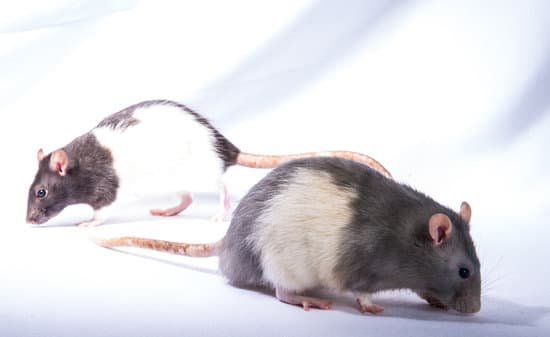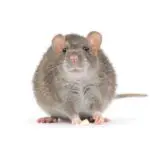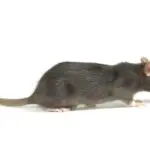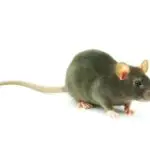How Strong is a Rat Bite?
A rat bite can be very painful, but the infection can also be fatal. It can be caused by bacteria called Spirillum minus and Streptobacillus moniliformis. The bacteria are spread through rat bites and contaminated food. Most of these infections affect children under the age of five. They can also affect people who work with rats or those who live in areas that are prone to rodent activity.
In most cases, rat bites can be treated with antibiotics. These medications must be taken for seven to ten days, and they may be taken for longer depending on the severity of the bite. In severe cases, antibiotics may be given intravenously. In any case, it’s vital to complete the entire course of antibiotics, because incomplete use can lead to antibiotic resistance.
Rats are commonly found where humans live, and are especially common in communities with robust sewer systems. They carry bacteria and fungi, which can cause serious illness. In the United States alone, over 15,000 rat bites are reported annually, so it’s important to get medical attention if you’ve been bitten by a rat. Some of the diseases that can be spread by rats include bubonic plague, pneumonic plague, and murine typhus. These critters can also spread bacteria, like salmonella and hantavirus.
In an effort to better understand the evolution of rat bites, researchers developed a computer model that simulates the force of a rat’s bite. They hoped to determine if the shape of a rat’s skull and the arrangement of its muscles had a significant effect on the evolution of its teeth and jaw. The researchers used data from rodents, including rats, squirrels, and guinea pigs, to feed the model with data about their biting abilities.








